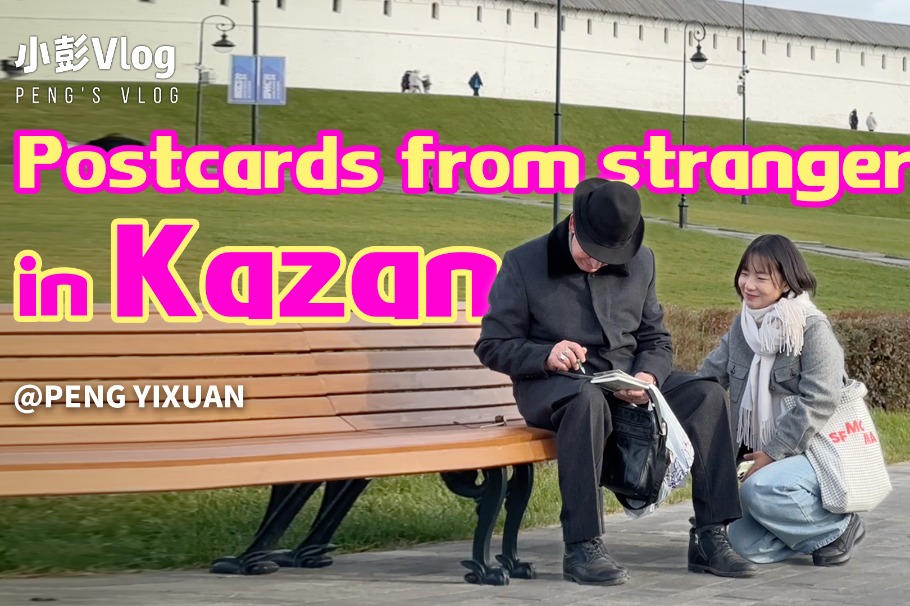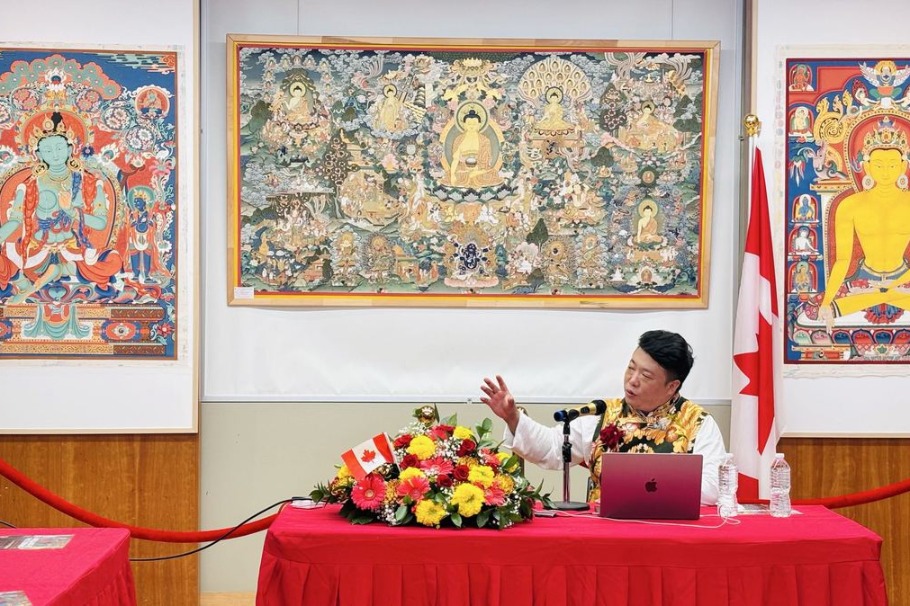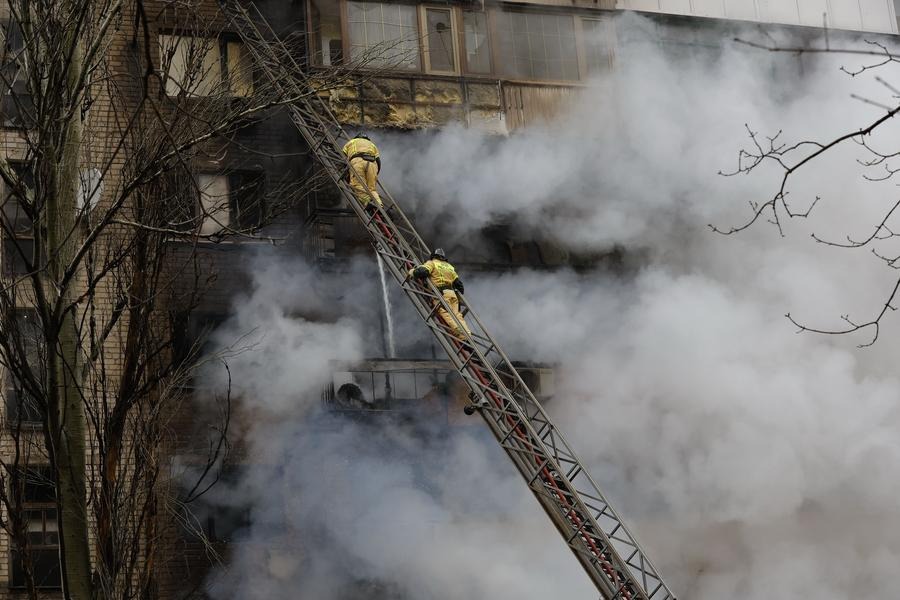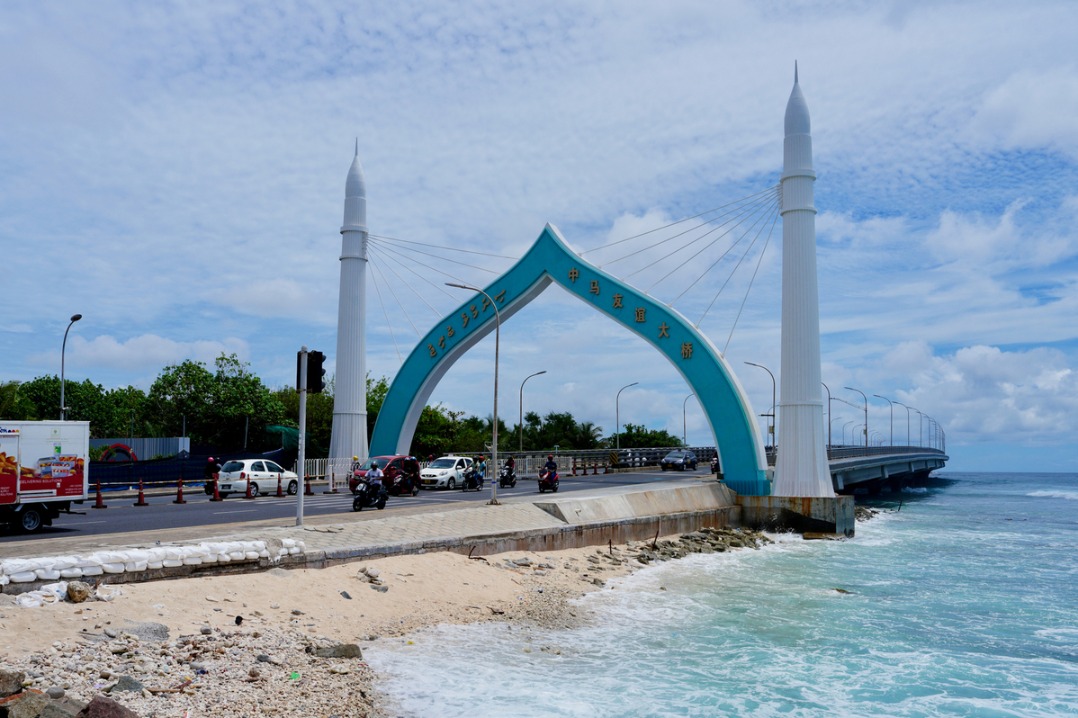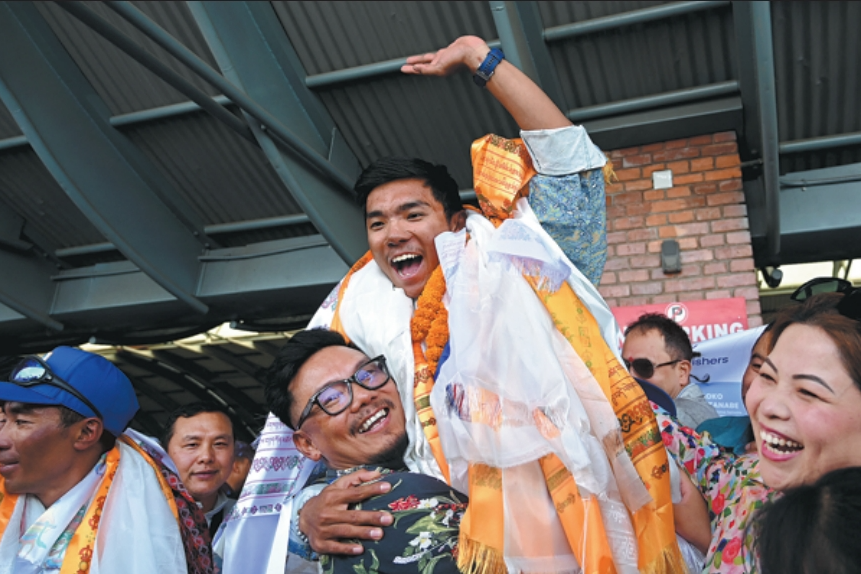Sports envoy sees hope for refugees in Olympic dreams

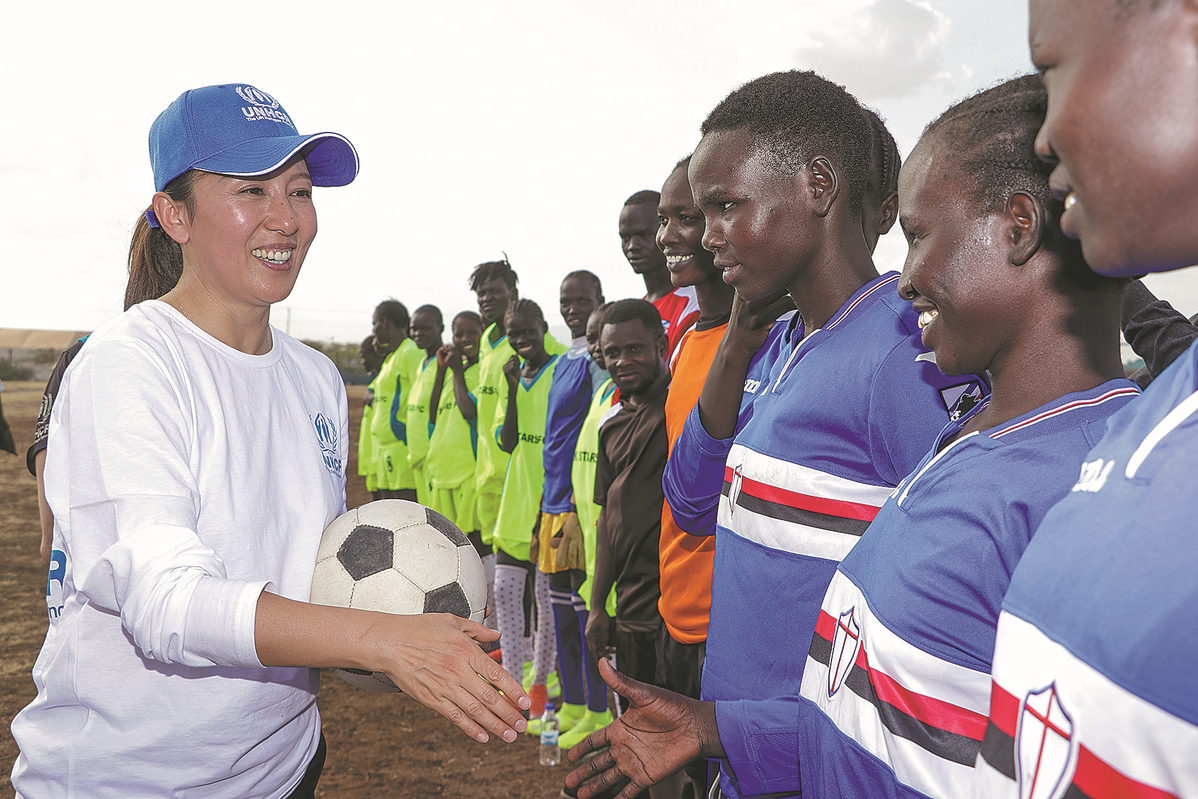
Sports can play an important role in supporting and empowering refugees worldwide, and greater effort is needed to support those living in refugee camps to gain access to sports activities, says Yang Yang, China's first-ever Winter Olympics gold medalist, and a goodwill ambassador for the United Nations' Refugee Agency.
"Sports can bring positive impact to refugees and give them dreams," Yang said. "Through engaging sports they may not become Olympic champions, but they can win confidence, have the courage to overcome the worst times in their lives, and are better positioned to integrate with and contribute to local communities."
After visiting the Kakuma refugee camp, in Kenya's northwest, Yang said in Nairobi on Saturday that there are more than 114 million refugees worldwide, and that the number is rising because of war and conflict.
"The issue of refugees is not distant from us, and it may affect everyone."
In a three-day visit to the camp, which ended on Friday, Yang met refugees engaged in sports, including women soccer players, a girls' chess club, and organizations working locally on disability and sports.
The camp, established in 1992 and near the border between Kenya and South Sudan, is one of the biggest refugee camps in the world and is home to more than 270,000 refugees and asylum seekers from more than 20 countries, mainly Burundi, the Democratic Republic of the Congo, Rwanda, Somalia and South Sudan, the United Nations High Commissioner for Refugees, the UN Refugee Agency says.
Yang said that despite harsh living conditions, including food rations for many refugees being sparse because of a lack of funding, many people in the refugee camp are optimistic and enthusiastic about sports, such as basketball, soccer and chess. She saw people doing weightlifting using crude equipment that they made themselves, and visited a sports library for the first time at the camp, she said.
"They have a girls' soccer team that is very organized and has won some competitions in the region already. They have their dreams hoping one day they can play in international events."
Useful tool
Sports can also be a useful tool to help promote the development of communities in refugee camps, such as promoting environmental protection and gender equality, she said.
"It's not just basic support like tents or food, it's more. Refugees don't want to be left behind; they want their lives to develop too. They seek better educational opportunities, better health support, and ways to build their futures, so they can contribute to their communities and ultimately find solutions in their lives."
Referring to the Summer Olympics that begin in Paris in July, Yang, who is also vice-president of the World Anti-Doping Agency, said she will cheer for all athletes, especially the special refugee Olympic team, a team that exemplifies what refugees can contribute and achieve.
"My hope is that some of the refugees I met playing sports in Kakuma will someday find their way to an Olympic stadium, or to another sporting event or venue, to compete and participate. I'll be there to cheer for them when they do. But they need support. They need training and equipment and facilities."
The refugee Olympic team, established in 2016, expresses the spirit of a shared humanity, which is what the Olympic Games is about, and the commitment to include everyone, and leave no one behind, Yang said, adding that the team for the Paris Games is training in France.
In addition to sports, refugees need support in areas such as education, health and livelihoods, Yang said, calling for a combined effort to give more opportunities to refugees.
















